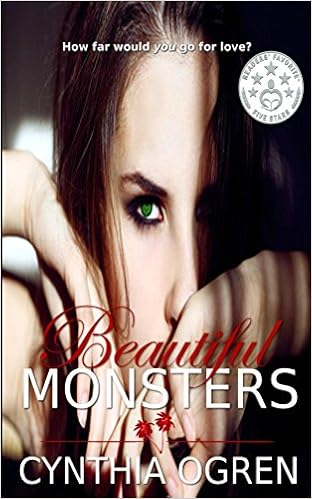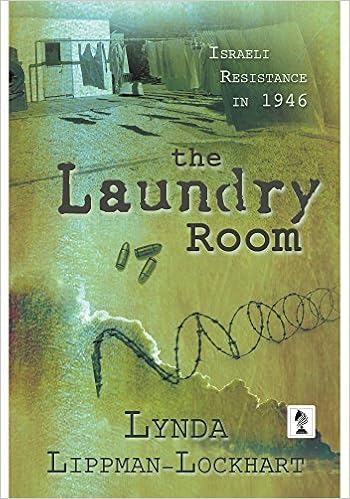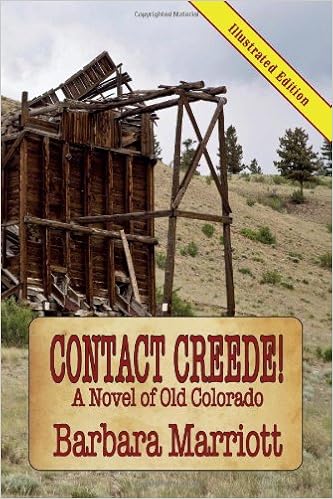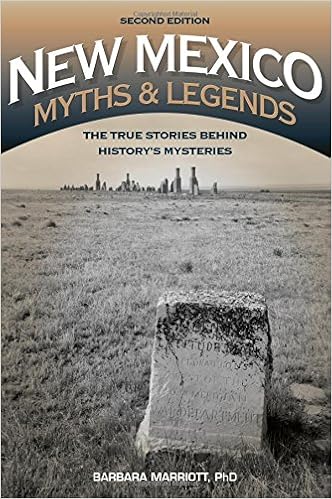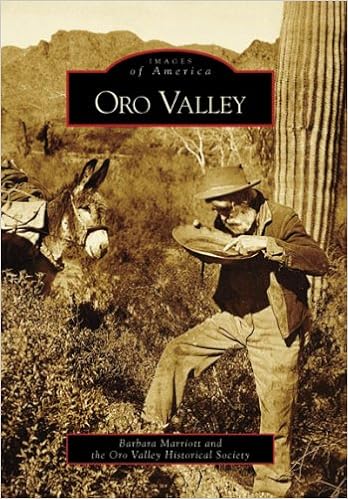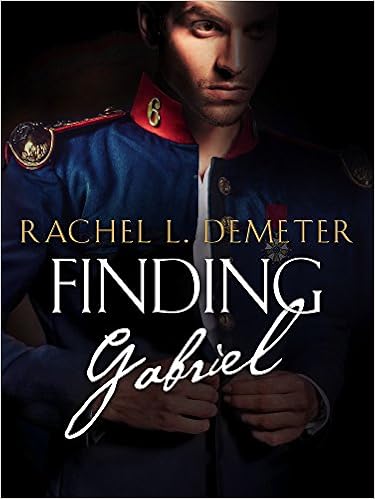Say hello to the glamorous and witty CynthiaOgren, a pop culture devotee and author of an introspective and richly
developed novel Beautiful Monsters
set in Hollywood filled with all the drama you’d expect from a glamorous
romance – with a few unexpected twists.
MJN: When people talk/write about Hollywood, it's usually
with a mixture of feelings that seem to contradict each other: admiration, envy,
judgment and ridicule. In real life, the grotesque and the sublime goes hand in
hand. In Hollywood, these elements are taken to a whole new level. As an
author, you have to know enough about the industry to make your narration
authentic. At the same time, your proverbial "beef" with the industry
can't be too raw. If you have too many horror stories that you've experienced
first-hand as an actor or director, you will be too emotional to tie those
stories into a coherent plot. So what is your personal experience with
Hollywood - if any - and which one of the above-mentioned emotions is
prevalent?
CO: First of all, thanks for inviting me to your
blog interview, Marina. I'm delighted to be here, and I'm further delighted to
reply to your interesting, well-conceived questions.
Hollywood: the land of contradictions! It's the perfect setting for Beautiful
Monsters because, just as it's a brittle glass stage for actors, it's also
the perfect testing ground for my characters. I haven't spent too much time in
Hollywood or LA, but as an avid pop culture devotee, I've watched and read
about it for years—everything from tabloid newspapers to reality television to
biographies. Also, my sister was a working actress on stage, television, and
film for many years. While she never became famous, she worked with many
big-name stars, and she dished to me regularly about the gossip, the craft of
acting, and the accompanying lifestyle.
You might be surprised to hear that I have no beef whatsoever with
Hollywood. Hollywood is just a spotlighted microcosm of the same lifestyle that
most of us share on a more mundane scale. Essentially, we all are beautiful
monsters to some extent. While many people think that being a celebrity would
vastly improve their lives, I wanted to show that it's not all it's cracked up
to be. There's enormous pressure accompanying great beauty, riches, and
fame—and numerous complications. And it's extremely difficult to live a sane
life under that constant microscope. Some manage it, others don't.
MJN: We hear so many stories about Hollywood stars destroying
their lives behind the scenes because they feel "ugly" and
"empty" and "unloved" even though on the surface it seems
like they have all the bragging rights in the world. There is a school of
thought out there, perpetuated by authors like Victor Hugo and Charles Dickens
who glorified the "little people" of the world, that true love is
only accessible to those who are totally stripped of all material and social
benefits. Only outcasts, the deformed and the destitute, can find true love and
friendship that's not tainted by vainglory. I don't know if I personally buy
into that theory. I think writers invent those theories to make the
down-and-out people feel a little better and give them some hope. What do you
think?
CO: Well, I'm not so quick to paint the common
folk as white and the rich as black—or vice versa. In fact, I feel we all
should be painted in gray tones. I do think it's a wonderful to give hope and
insight to the great masses of common folk, but in Beautiful Monsters, I try to
break that stereotype. Most actors are not so full of bravado as they portray
on camera or at award shows. In fact, actors are some of the most insecure
people on the planet. They are at the mercy of gossip, age, studio whims, and
the good will of their fans. It's a bit of a cutthroat business, and there are
always prettier, younger actors right behind them who would sell their souls
for a chance for a role—any role. I do, however, agree with Hugo and Dickens
that wealth, fame, and beauty do not make us happy. A wealthy aristocrat—or a
film star— does not automatically draw the happy card. Rather, it's the love of
family, wonderful friendships, and our interests that make life fulfilling. And
those are available to people across the socioeconomic spectrum.
MJN: I see you have a dual major in English and Psychology. I
often see those career paths matched up. Was there any specific branch of
psychology that you studied in depth that gives you a more three-dimensional
perspective when you create your characters? Your book was described as having
emotional depth and meaning, so I was wondering your interest in psychology had
something to do with that.
CO: Yes, psychologists and writers have much in
common. They both study people, so it's a perfect marriage. I've always been a
people watcher who is interested in the human psyche. I particularly find
abnormal psychology interesting. People (and characters) are not
one-dimensional prototypes. They all have a place on the abnormal behavior
scale— with neuroses, quirks, and abnormalities. That's what makes the world
diverse and interesting. All my characters have distinct personalities with
inherent quirks and flaws. I LOVE flawed characters, so Riley and Keller are
imbued with all manner of idiosyncrasies. When I take these two damaged
characters and put them on the glass stage of Hollywood AND throw obsessive
love into the mix, we're in for a wild ride! I'm very interested in the topic
of love because it makes no practical sense. People do outrageous things in the
throes of love. It's said that the legal plea "not guilty by reason of
temporary insanity" was developed because of this phenomenon.
MJN: Let's talk about the structure of your novel. One of my
favorite plot tools is having a movie within a movie, or a book within a book.
In Beautiful Monsters, you have a production-within-a-novel structure.
How does the storyline on screen complement the turbulent love story between
Riley and Keller?
CO: I'm all about subtext. Readers are smart, and
they are readily able to grasp the subtleties of a well-layered plot. Beautiful
Monsters is three levels deep. It's the title of the book, of course; it's
the title of the vampire film that's the setting of the book (more subtext and
analogy there); and it's the theme of the book. The vampiric element of the
story lends itself to the predatory nature of some of Riley and Keller's
friends and co-workers. And Riley and Keller have both monstrous and redeeming
characteristics, which makes them beautiful monsters—just as we all are. The
element of obsessive love with Hollywood as a setting allowed me to cut the
dynamic open and explore it thoroughly. In fact, I'll be examining it more in
the sequel, which I've started. I've been humbled and delighted to have readers
search me out and rave about the book, demanding a sequel. I think they relate
to what Riley and Keller endure to be together.
MJN: Let's talk about your female protagonist Riley Rinaldi
and the role that makeup artists play. My birth father is a former opera
singer. He says that getting into character and putting on a mask really messes
you up. Sometimes you lose that fine line between the character and the
performer. Sometimes the masks sticks to the face too tight and you cannot rip
it off without taking some of the skin off with it. Makeup artists are the
often unsung and neglected heroes who help create those characters. In a sense,
they play that Frankenstein role of literally "creating a monster".
Do you believe there is a symbiotic bond between the makeup artist and the
actor?
CO: Very interesting question! Yes, I do think
there is a symbiotic relationship between the makeup artist and the actor. Just
as an author gives birth to his books, the makeup artist must feel that same
pride and concern for the characters he creates. And conversely, the actor is
dependent upon the makeup artist to give him the "face" of the
character he populates. On a side note, I had to chuckle when you mentioned
method acting because it plays a vivid role in the sequel to Beautiful
Monsters. The readers want more of Riley and Keller, so I'm going to dish
it up in spades!
